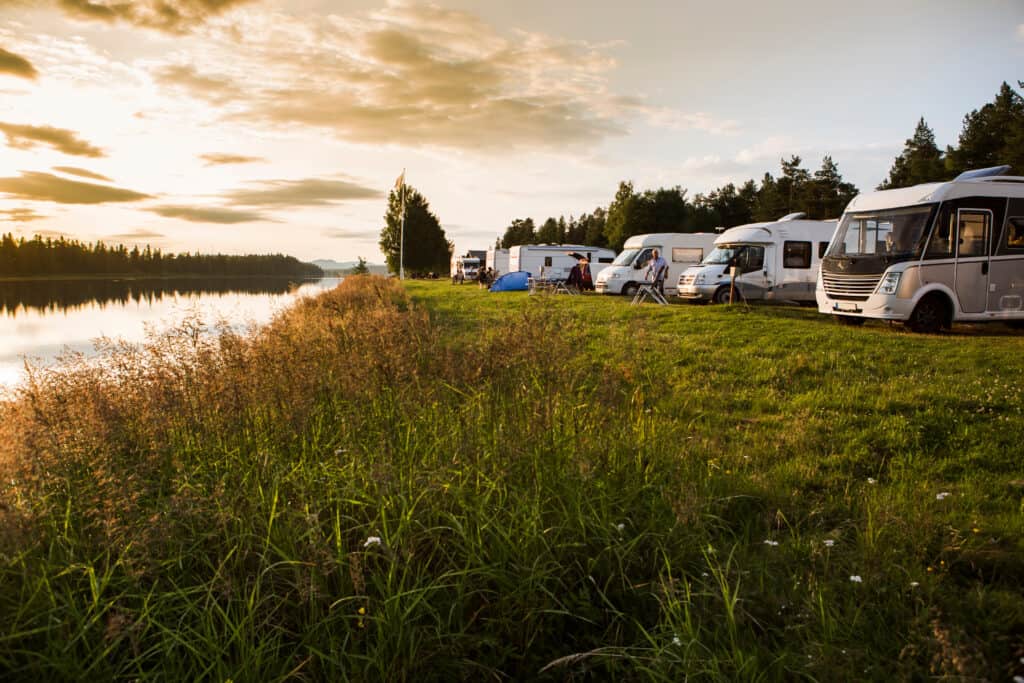
Some people call it “boondocking.” Others call it “Dry RV camping.” They mean the same thing, and there’s many different ways to do it. From easy living with solar power, to roughing it with only your RV batteries for power, let’s look at how RVers go camping without hookups.
The Basics of Dry RV Camping
Dry RV camping is going camping without any utility hookups. No connection to a water hookup. No 30 or 50-amp electricity plug. And nowhere to dump your waste water. Just you, your RV and nature.
Many campsites have all of those services, known as “full hookups.” These utilities keep your RV running like a stick home. Turn on the toaster, flip the air conditioning switch, enjoy as much TV as you want. There’s no need to worry about using up battery power. You can also take a normal shower, and your grey water will magically go down the sewer hose and into the septic system. There are really no worries with full hookups.
However, with dry RV camping, you will not have any hookups. Most people do it on purpose, believe it or not!
Reasons people go RV boondocking
- Getting closer to nature and scenery. When you go dry RV camping, you have more chances to go deeper into nature than you can at a park with full or partial RV hookups.
- Boondocking is usually free or cheap RV camping. Many great locations with RV dry camping are free spots. Some have time limits, some do not. Boondocking gives you a back-to-nature camping experience without fees. What a deal!
- Dry RV camping makes full use of your RV. From truck campers to luxury motorhomes, RVs were designed to be self-contained units that don’t rely on hookups for campers to have a good time. When you go RV boondocking you are making the most of your rig’s capabilities.
For many people, their first dry RV camping try is boondocking in a Walmart parking lot, a rest stop, or any legal free overnight RV parking lot. That’s not a bad way to test your boondocking skills, but just remember to practice good camping etiquette. RVers who do not ruin it for everyone, because property owners would rather close down those free places than put up with slobs.
Dry RV Camping is not for everyone.
It requires you to conserve all of your resources. From water to electricity, RV boondocking skills make campers think about how they are using their utilities. Use them too fast and you need to return to civilization. Conserve carefully and you get to camp longer. It’s that simple!
Still aren’t sure about this camping style? These RV boondocking tips give more facts about RV dry camping that can help you decide.
The best boondocking experiences come from lots of practice. If this RV lifestyle still sounds appealing, keep reading for some common-sense dry RV camping style.
Tips for Dry RV Camping
1. Practice before going boondocking
Don’t head out on your dry RV camping trip until you test your RV’s capabilities. Try it out in your backyard. Go to a full-hookup campground and don’t connect. Fill your freshwater tank and then see how you use your resources. If you use batter power or water too quickly, just hook up to the utilities at your site. A practice run helps you understand the limitations of your RV. You can also become aware of what you can and cannot do as far as conservation.
2. Understand your RV power system.
Dry RV camping practice runs are an excellent way to get familiar with your RV power system. Study the basics about AC and DC-power. Learn how your RV uses power and it’s easier to conserve it when you are RV dry camping.
3. Know boondocking etiquette.
If you’re searching for freedom, you will find it in a beautiful, free campsite. But living in an RV without hookups on public lands is a privilege, not a right. This privilege is disappearing because RVers leave too much trash at free campgrounds. Learn your RV boondocking etiquette to keep camping free.
4. Make the most of your surroundings
When you have full hookups, it is easy to just sit inside your RV during your camping trip. Being careful with your resources is a good reason to spend as much time outside as possible. Go for a swim, fishing, paddle boarding, kayaking, hiking, set up a campfire, or check out the nearby town. There are so many great things you can do on your dry RV camping trip.
5. Empty waste tanks before going camping
Leave home with empty tanks. When you are camping, you can fill the tanks to their full capacity. Track the number of days it took you to fill them. Then you’ll know the amount of time you can stay away from hookups or a dump station.
6. Use your generator wisely.
Living without electricity can be uncomfortable at times. At night you may want to stay up later than your batteries can provide power. One way around this issue is to take a generator on your trip. You can charge your RV batteries, phones, and run anything you need for that time. Always use it sparingly (generally once in the morning and once at night) and please invest in a super quiet generator that won’t annoy your neighbors or scare wildlife.
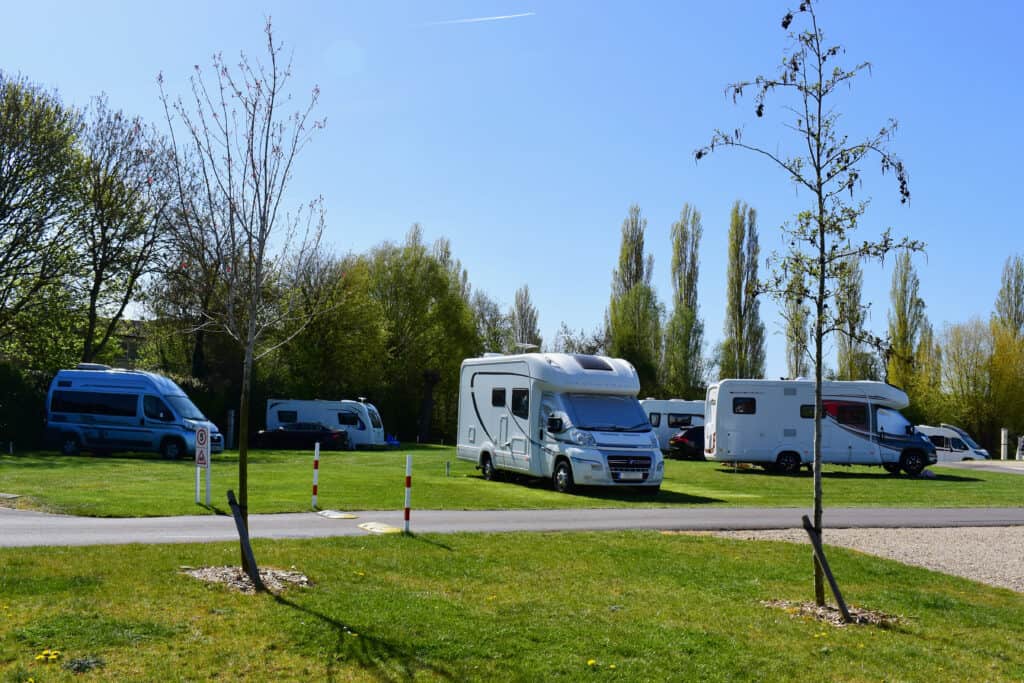
This camping style gives you more to think about when you’re hitting the road. But do it enough and boondocking becomes second nature. The only way to find out if it’s right for you is to give it a try and see what happens. If you hate it, you can always check into an RV park instead!

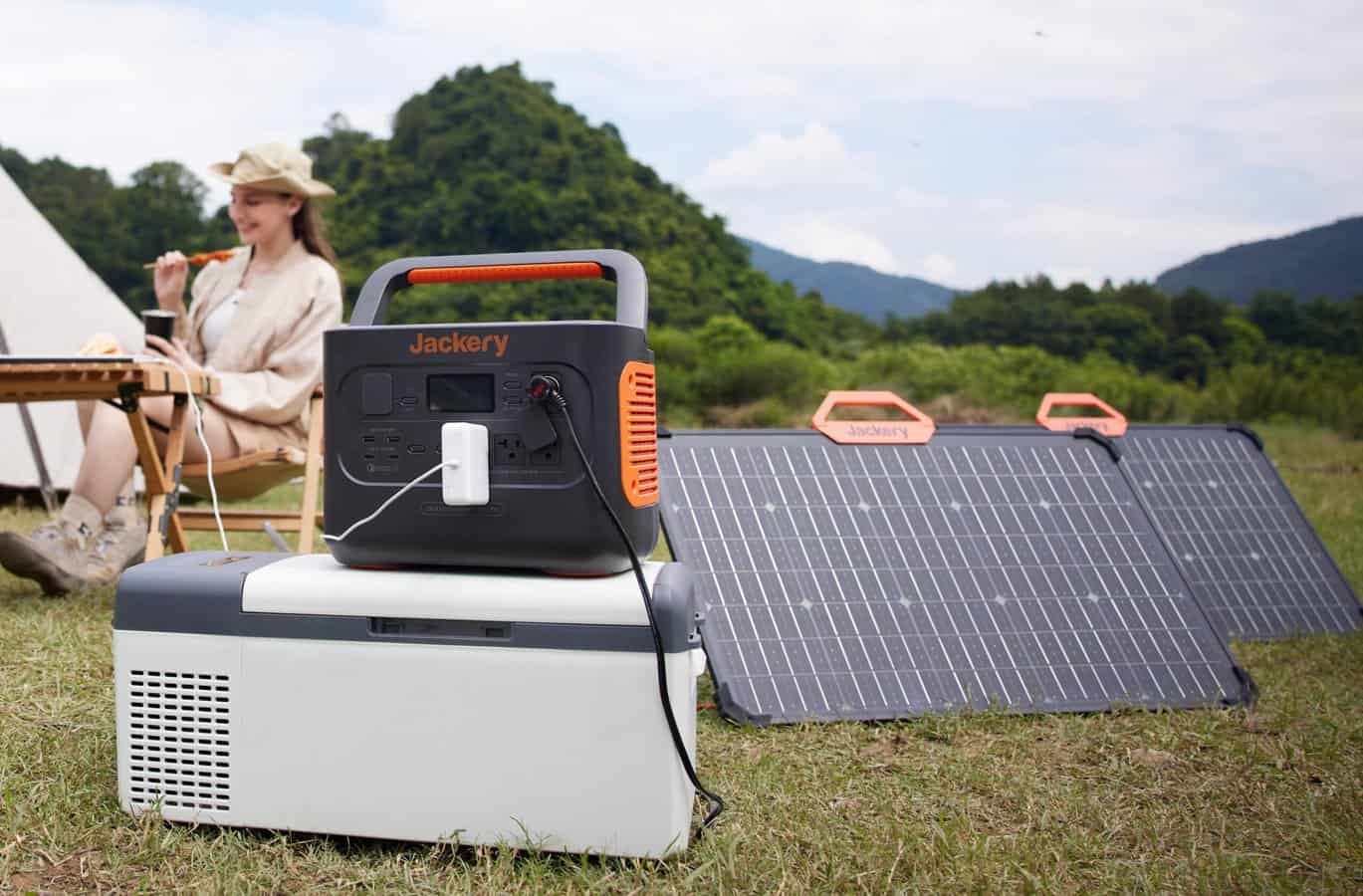
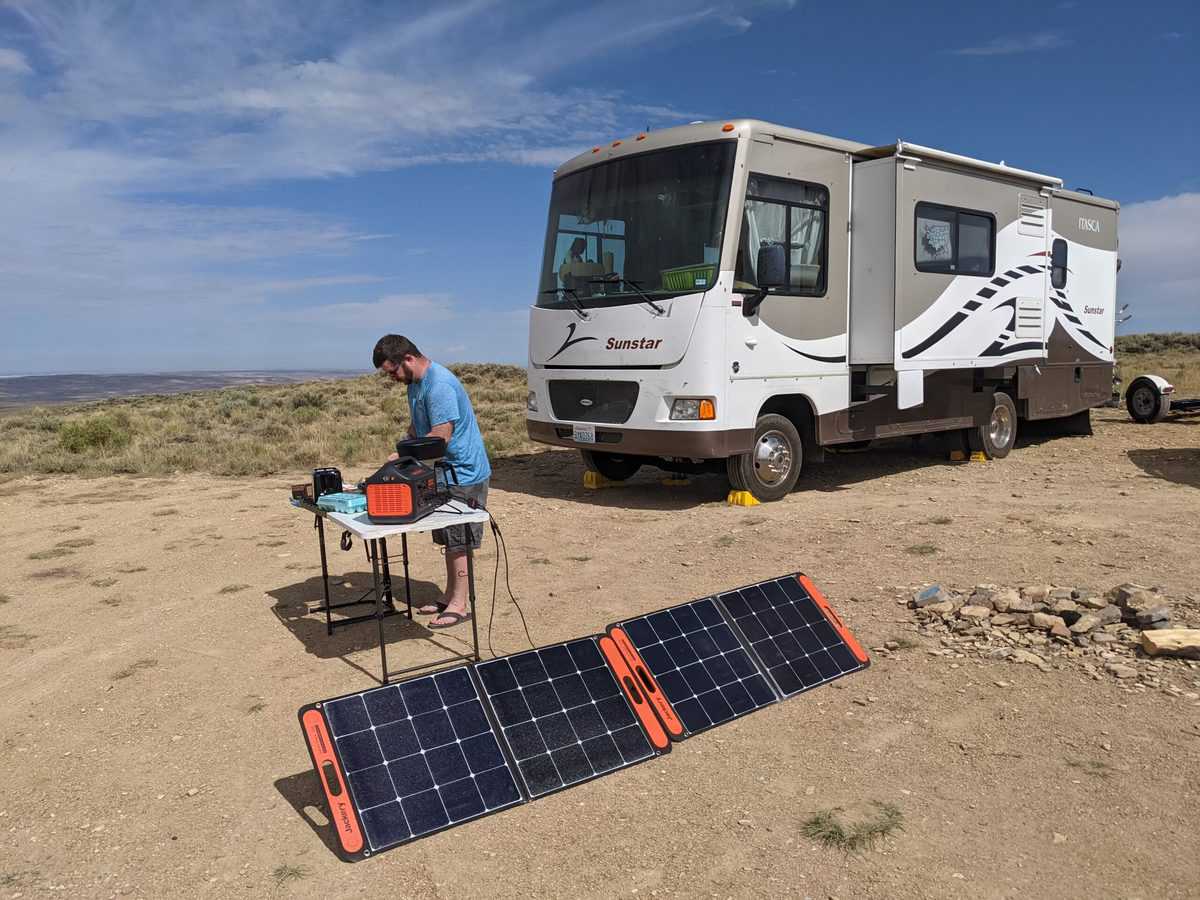
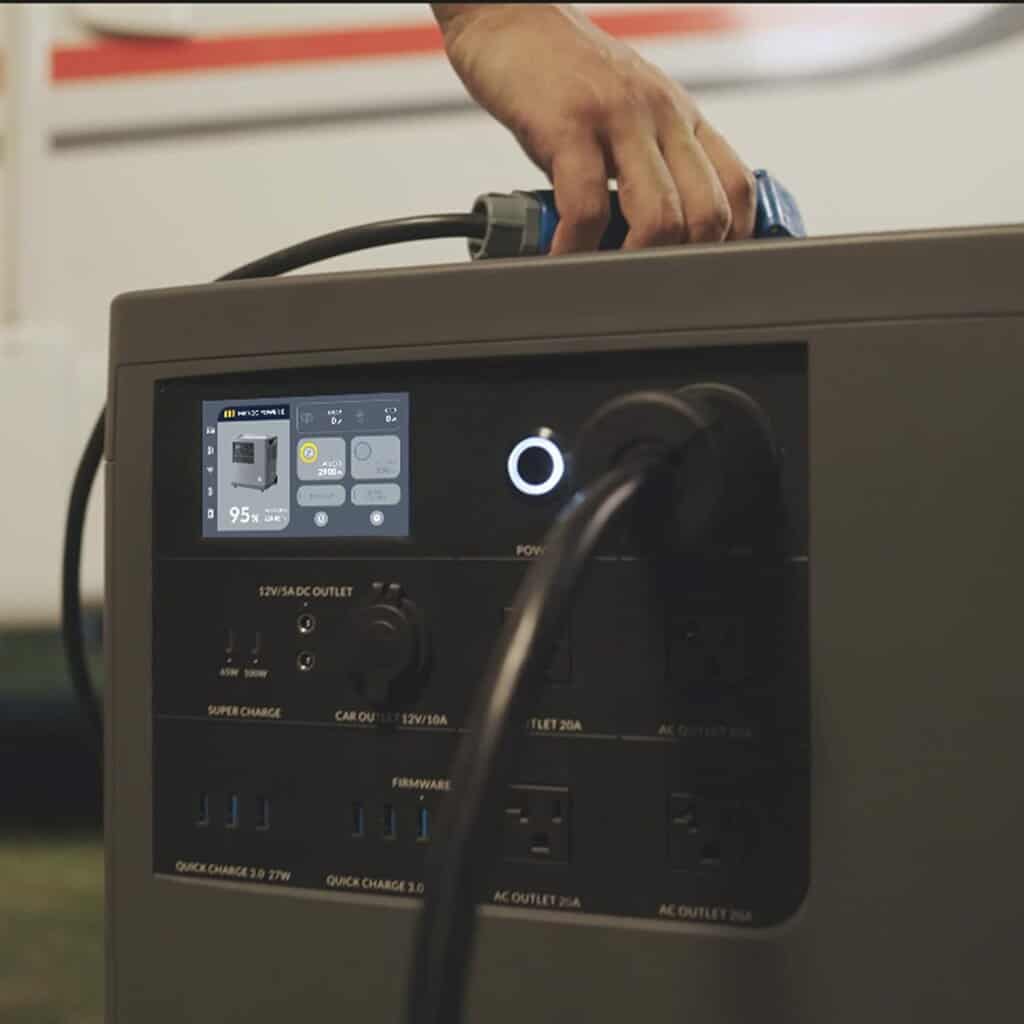
My husband and I have been wanting to go out since we have been in lockdown for almost a year now. Thanks for giving us the idea of trying RV dry-camping to see scenic natural views again and it is also a cheap way to go out and explore. We have to see if this could be feasible for us or we just might book a resort or park first just so we could experience staying in a camper. https://overthehillrvpark.com/